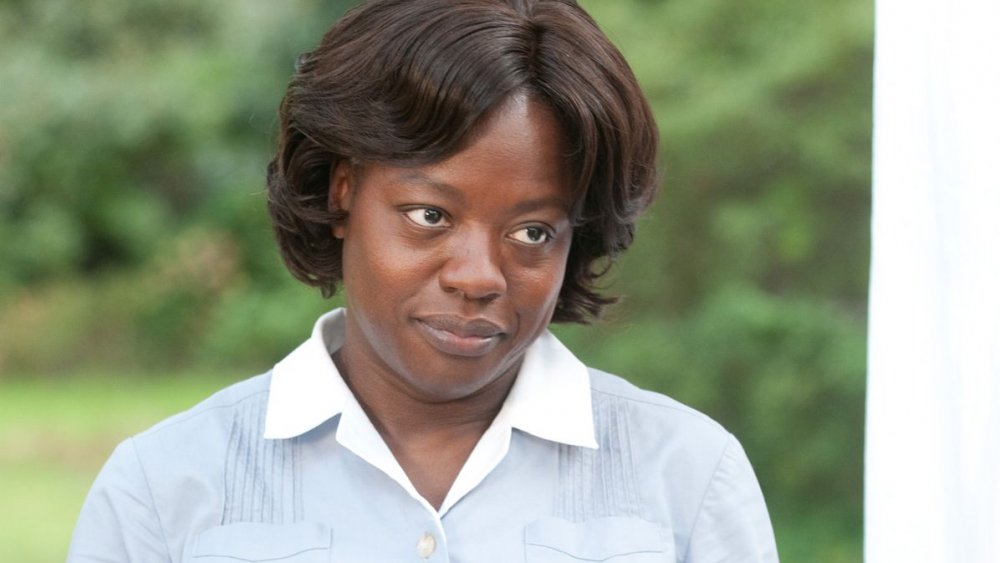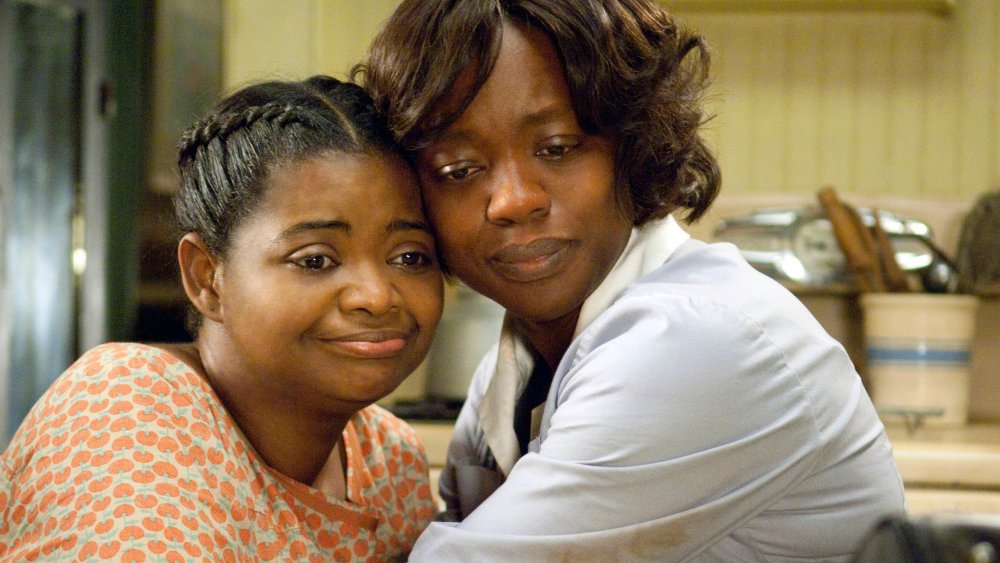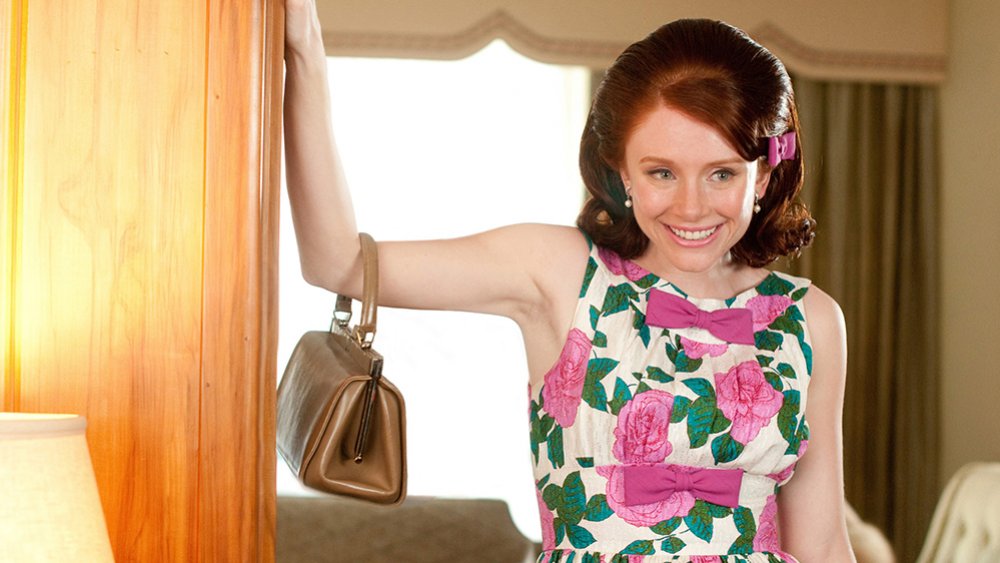The Real Reason Viola Davis Regrets Playing Aibileen Clark In The Help
One of The Help's biggest stars has some reservations about her famous role.
In 2011, Academy Award-winning actress Viola Davis played the starring role of Aibileen Clark in The Help, writer-director Tate Taylor's film chronicling a group of Black maids working and living in Jackson, Mississippi in the early 1960s. Based on the 2009 novel of the same name by Kathryn Stockett, The Help is centered around Aibileen and Minny Jackson (played by Octavia Spencer, who won an Oscar for her role), two maids who team up with aspiring journalist Eugenia "Skeeter" Phelan (Emma Stone) to write a tell-all novel about what it's like to be a Black maid in the South.
However, The Help has recently come under fire for a number of reasons, including the fact that it's a film about the Black female experience directed by a white man, it doesn't help conversations about racism, and it pushes a "white savior narrative," in which white people help people of color in a manner that can seem (or can truly be) self-serving.
During a 2018 interview with The New York Times, Davis revealed that she regrets playing Aibileen in the first place. Here's why Viola Davis has struggled with her role in The Help throughout the years, and why her feelings are even more relevant today.
Viola Davis has some misgivings about appearing in The Help
When asked if there were any roles she'd kicked herself for not taking, Davis answered that a more apt question would be if she has ever accepted roles that she later regretted. "I have, and The Help is on that list," the actress told The New York Times. "But not in terms of the experience and the people involved, because they were all great. The friendships that I formed are ones that I'm going to have for the rest of my life. I had a great experience with these other actresses, who are extraordinary human beings. And I could not ask for a better collaborator than Tate Taylor."
Despite praising the cast and director, Davis clarified her real feelings about The Help, saying, "I just felt that, at the end of the day, it wasn't the voices of the maids that were heard. I know Aibileen. I know Minny. They're my grandma. They're my mom. And I know that if you do a movie where the whole premise is, 'I want to know what it feels like to work for white people and to bring up children in 1963,' I want to hear how you really feel about it. I never heard that in the course of the movie."
Davis does have a point: Because the movie places such a strong focus on Skeeter's perspective as she evades her bigoted friends to secretly write the book, Aibileen and Minny never fully take charge in a real way, and the story can potentially be viewed as a white savior narrative. Though The Help received accolades left and right upon its release — including a nomination for Best Picture at the Academy Awards in 2012 — critics and audiences alike have realized over the years that the film may be problematic.
The Help may not stand the test of time
In the aftermath of worldwide protests over the May 2020 murder of George Floyd, a Black man, at the hands of a white police officer, The Help came under fire once again. Another one of its stars spoke out about the film on social media.
Bryce Dallas Howard, who received an Academy Award nomination for her role as the overtly racist Hilly Holbrook, took to Facebook to discuss The Help when the film re-entered the national conversation as it began climbing the Top Ten chart on Netflix. In her post, Howard wrote, "I've heard that #TheHelp is the most viewed film on Netflix right now! I'm so grateful for the exquisite friendships that came from that film — our bond is something I treasure deeply and will last a lifetime. This being said, The Help is a fictional story told through the perspective of a white character and was created by predominantly white storytellers. We can all go further."
She continued the post by recommending content about the Black experience made by Black creators, including several works by Ava DuVernay and HBO's recent hit series Watchmen. "Stories are a gateway to radical empathy and the greatest ones are catalysts for action," wrote Howard. "If you are seeking ways to learn about the Civil Rights Movement, lynchings, segregation, Jim Crow, and all the ways in which those have an impact on us today, here are a handful of powerful, essential, masterful films and shows that center Black lives, stories, creators, and/or performers: 13th, Eyes on the Prize, I am Not Your Negro, Just Mercy, Malcom X, Say Her Name: The Life and Death of Sandra Bland, Selma, Watchmen, When They See Us."
Speaking of DuVernay, she's expressed doubts about The Help as well. After Davis' 2018 interview, DuVernay tweeted about The Help, saying, "Much respect to all involved. With that said, I understand Viola on this. Hope others do too. The Help was the last film I worked on as a publicist. I quit PR. That film pushed me to make my own — for the reasons Viola states. I'm grateful for that push."
The Help is currently streaming on Netflix alongside several defining films about the Black experience — like Selma, Moonlight, and Malcolm X.


